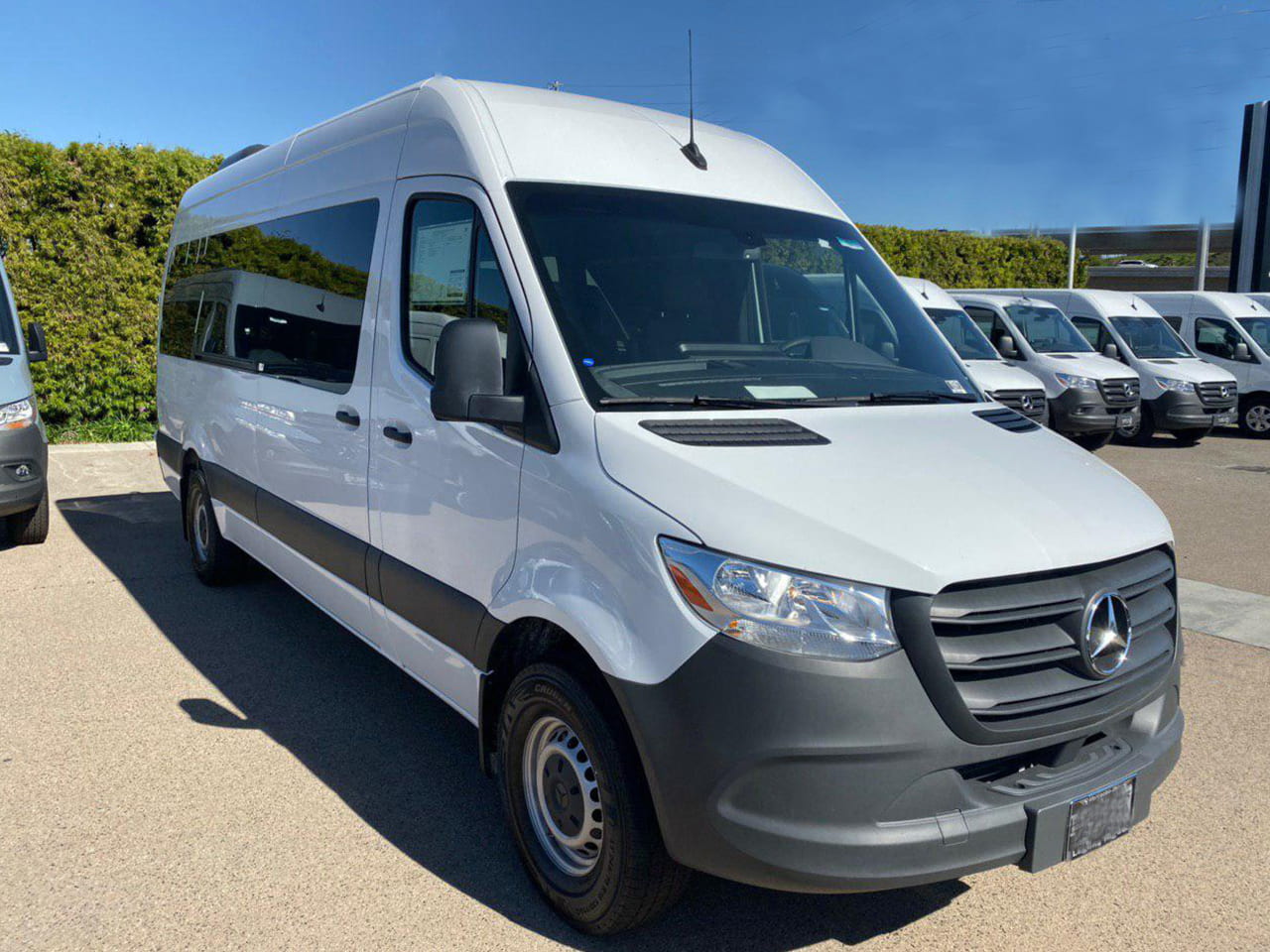The Vehicle Rental Handbook: Key Aspects to Keep in Thought
Regarding planning a trip or moving to a new location, leasing a van can be a functional option providing both freedom as well as comfort. If you require additional room for carrying bags, athletic gear, or household items, being aware of what to check in a van lease will aid in making certain that your experience is smooth along with free from complications. Before you reserve, it’s important to consider various factors affect your rental experience.
Ranging from the dimension and kind of the vehicle you require to the rental terms and insurance options available, each factor plays a pivotal role in making the best decision. By preparing and being informed, you can steer through the van leasing procedure with confidence and find a vehicle that meets your specific needs. In the next segments, we will discuss the important considerations to consider as you rent a van, helping you make an enlightened selection that fits your travel plans ideally.
Determining the Right Van
Whenever renting a van, the first step is to get the size that best suits your needs. Think about how many passengers you will need, and the volume of cargo you need to move. Vans come in various sizes, from compact models for small groups to bigger choices for significant travel or moving requirements. Make a note of your requirements to ensure you pick a van that safely fits everyone and all the equipment you wish to transport.
One more critical factor to consider is the type of van you need. There are various types available, including passenger vans, delivery vans, and camper vans. van rental kuopio are suitable for travelling with a group, while cargo vans are designed for commercial use. If you are planning a road trip and need accommodation, a camper van delivers both movement and shelter. Reflect on your specific needs and select the type that corresponds to your requirements.
Finally, pay attention to the features and accessories offered in the van. Some vans are fitted with advanced technology, such as GPS, Bluetooth connectivity, and rearview cameras, which can boost your driving experience. Comfort features like cooling systems and movable seats can also significantly impact your journey, especially on long trips. Consider what extra features would benefit your travels and make sure the van you pick meets those needs.
Understanding Hire Terms
Whenever renting a van, it is essential to completely grasp the conditions of the rental agreement. This consists of the lease length, insurance needs, and driving limits. Every rental company may have varied policies, so it is crucial to read the small print. Some agreements may have daily or weekly rental rates, and you should look at the total cost based on how long you need the van. Furthermore, comprehending the mileage policy is essential; some companies provide no limit mileage, while different companies may charge additional fees if you exceed a specific limit.
Coverage is a further critical aspect to think about when leasing a van. Numerous rental companies provide various insurance options, including crash damage waivers and responsibility coverage. It is necessary to assess whether your individual auto insurance or credit card provides sufficient coverage for rental vehicles. If you decide to take the rental company’s insurance, ensure you know what is included and any deductibles involved. Carefully considering these options can shield you from surprising costs in case of an incident or loss.
At last, make yourself familiar yourself with fuel policy rules. Rental companies typically have multiple gas policies, including full-to-full, which needs you to return the van with a full tank, or prepaid fuel options that let you to pay for a full tank in advance. Understanding these policies can aid you steer clear of additional charges and make your rental experience more pleasant. Always address any uncertainties with the rental agent before signing the contract to ensure you are completely aware.
Suggestions for a Smooth Leasing Process
When leasing a van, it is essential to be explicit about your requirements and criteria. Consider the number of travelers will be going and the amount of cargo you need to accommodate. This will assist you select the suitable size of the van, whether you want a cargo van for moving goods or a passenger van for a group journey. Be specific about your leasing schedule, as this detail can influence accessibility and pricing.
Before finalizing your van rental, read the terms and conditions thoroughly. Pay attention to the kilometer restrictions, fuel policies, and coverage choices. Some companies may offer extra insurance that could be helpful for your comfort. Being aware of the guidelines surrounding delayed returns or damage can prevent any unexpected costs. If you have any questions, don’t wait to reach out with the leasing company for details.
In conclusion, make sure to check the vehicle before you leave. Check for any prior damage and ensure that everything is in condition, such as lights, brakes, and climate control. Taking photos of the van can be helpful as evidence in case issues arise later. Also, familiarize yourself with the vehicle’s capabilities and controls to ensure a enjoyable trip. Adhering to these recommendations will help provide a seamless leasing experience.
